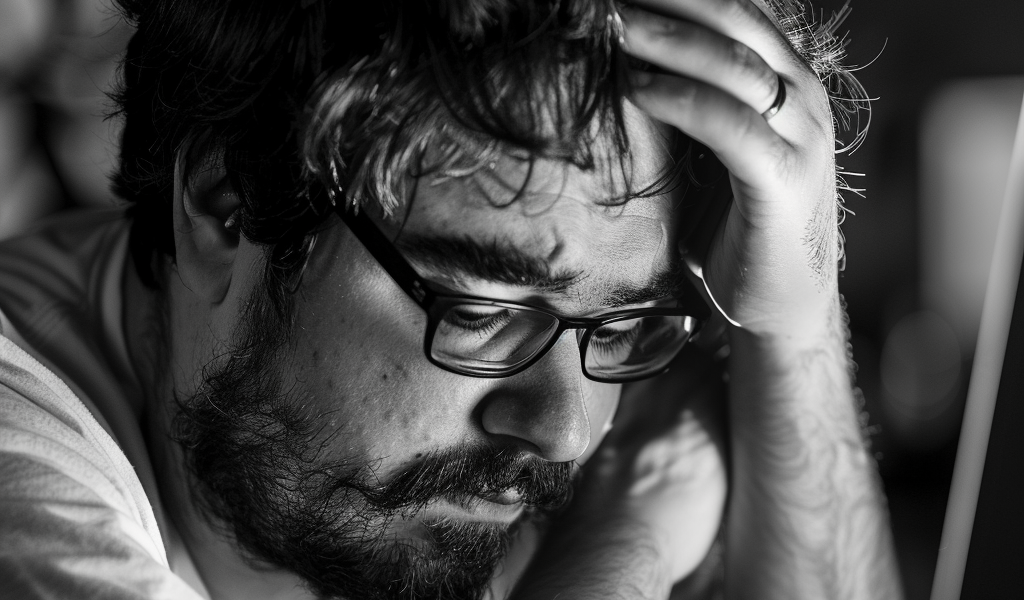Gaming Industry: Fallout: New Vegas Lead Says Burnout Replacing Crunch as Primary Hazard
Gaming Industry: ‘Devs are getting ground up as collateral damage’: Fallout: New Vegas lead says burnout has replaced crunch as ‘the primary hazard of the game industry’
Crunch (imposing long periods of major overtime to meet a deadline) has been a major spectre in the games’ industry since its inception, though particularly in the past few years, with developers at several studios including Rockstar, CD Projekt, Telltale and more reporting absurd expectations from their higher-ups.
That’s not to say short periods of crunch are inherently a sign that something’s gone wrong—racing to beat a deadline is common in a lot of creative industries, and sometimes it’s self-imposed out of passion for the project. It is, however, a thing to be avoided—and several of those aforementioned studios have sworn off relying on crunch to solve their problems.
But it’s far from the only issue developers are facing, especially in an industry that’s been incredibly brutal as of late. Industry vet Josh Sawyer, studio design director at Obsidian (Fallout: New Vegas, Pillars of Eternity) commented on the issue via a tweet responding to a GameDeveloper article on the subject yesterday (thanks, GamesRadar): ‘I believe burnout has already replaced crunch as the primary hazard of the game industry. Managers are setting teams up to fail and devs are getting ground up as collateral damage,’ Sawyer writes. ‘I have suffered from burnout myself. It’s no joke.’
Burnout—sometimes called ‘occupational burnout’—is a state of full-body exhaustion brought on by prolonged exposure to stress. It’s important to remember here that ‘stress’ is a physical, chemical response your body has, which can have very real medical implications. Stress introduces measurable chemical changes to your body, which can dent your immune system, raise your blood pressure, cause you to gain or lose weight, and ruin your sleep schedule.
When burnout hits, it hits hard, and it can sometimes take months to recover—not as a reflection of someone’s mental fortitude, but because their actual body has been harmed by the experience.
‘As with crunch,’ Sawyer adds, ‘It’s likely that managers may acknowledge creating the





